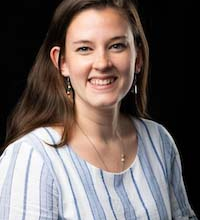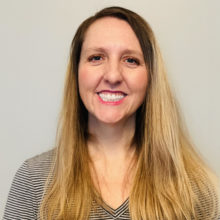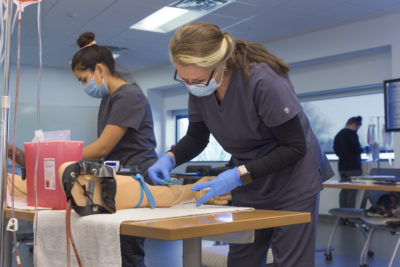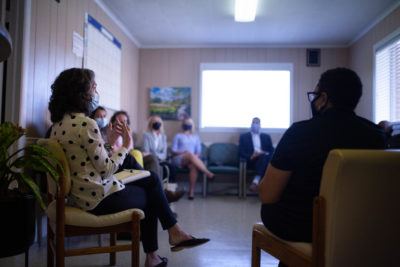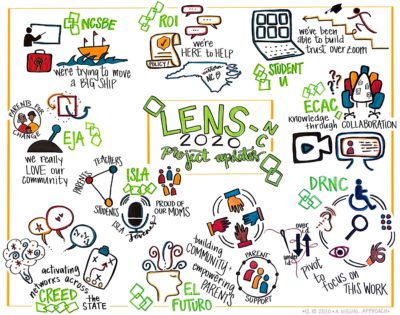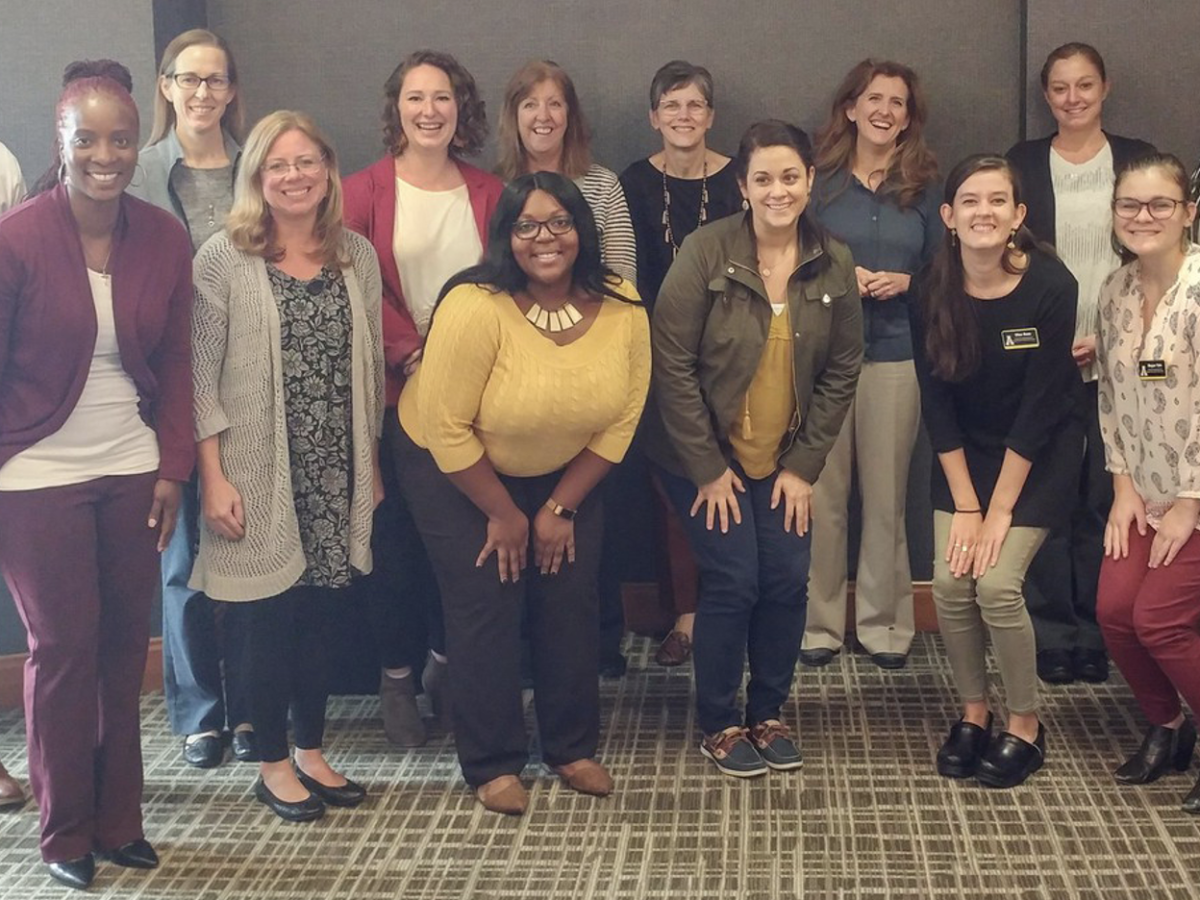
This past October, the College STAR (which stands for Supporting Transition, Access, and Retention) Student Support Network put on a virtual conference to help students who learn differently prepare for success in college.
Professionals from across the country assembled to inform participants about topics such as: accessibility services and accommodations, developing a college-level learning and support profile for individual students based on the student’s strengths and anticipated needs, and the identification of ‘right fit’ student support programs based on these needs.
These professionals are part of a network that provides support to students who have learning differences in the college setting. Because they work closely with students who have transitioned to college, they have a wealth of resources on how to help high school seniors and their families prepare. The network includes 19 colleges and universities and is growing. They meet quarterly with the goal of building a nurturing a community of collaboration where they can share resources and experiences.
The event was a free, two-day online conference for students, families, and professionals seeking meaningful resources and information about transition and access in higher education for students with diverse learning profiles such as students with ADHD, dyslexia, and executive functioning challenges.
This network, which focuses on student support personnel, has grown out of a larger, longstanding project made possible by generous funding from the Oak Foundation. It has deep roots in North Carolina, as the project’s leadership is spearheaded by East Carolina University and the conference leadership is at Appalachian State University. Both schools have strong programs to support students who learn differently, with As-U-R at Appalachian State and the STEPP Program at East Carolina.
To better understand how this conference helps students who learn differently and their families navigate the transition from high school to college, we interviewed Sarah Chapman, a parent of a high school student who attended the conference.
Some of the topics that were included were college resources and departments, what disability services looks like on college campuses, and successful habits and behaviors. How well did these topics align to your needs?
Full disclosure, I am fairly new to the learning differences scene. My son is a veteran, however, when it comes to the struggle. It has just taken us this long to identify and name what has been going on his whole life.
I am probably not alone; these disabilities can be so invisible. Invisible, or mislabeled. In addition, confidentiality requirements (HIPPA) likely preclude families like mine from landing on mailing lists, substantially limiting the outreach these programs can participate in.
For example, I am the parent of three teenagers. My oldest is a junior in high school and has taken multiple AP courses since the ninth grade which required her to register with the college board, which also placed her on the radar screen of numerous college and university admissions recruitment lists. She plays high school sports (more lists), she was inducted into Beta Club. and now National Honor Society. Needless to say, we are flush with college recruitment materials. I am fully entrenched in navigating her college search, including campus open house and tour events. She has taken all the “pre” standardized tests (ACT and SAT) in preparation for the real thing that’s fast approaching. She’s on the train bound for higher education.
But throughout this process, I can’t help to think about my son who is a freshman in high school — no AP classes on his schedule, he’s currently suspended from his high school sports team because of his poor grades, and I can’t even imagine standardized tests. I am fully entrenched in navigating the IEP process with him for the first time in his public school career. We are flush with evaluations, and observations, and waiting — so much waiting to see what he “qualifies” for in terms of accommodations and services.
When I ran across College STAR as part of a professional assignment, it gave me pause to hope that there may be a seat on that train to higher education for him too. I didn’t even know to look for programs like the ones represented in this consortium. I’m guessing that there are a lot of other parents like me. You don’t know what you don’t know. We need to know.
Is this kind of information readily available to high school families?
I would say my first need as the parent of a student with learning and attention differences is to know that there are higher education options out there.
Next, I need to know how to find the option that best meets the needs of my son. That is the lens through which I viewed these presentations. First, I discovered that disability services looks different from campus to campus. Some schools house services and accommodations that address learning differences through the Office of Disability Services and some have separate offices. Many schools require admission first and then engagement with these special programs, but there are also some schools where students with learning differences are admitted through a separate application process altogether.
This is critical information to be aware of when looking for options. For almost all of the programs represented, there is a real need for self-advocacy. The Successful Habits and Behaviors seminar emphasized this and offered strategies for success. This is where my family needs to do more work. One of my son’s challenges is motivation and accountability and his skill development in this area (self-advocacy and accountability), between now and when the higher education train arrives, will be crucial.
Who should be on the lookout for this conference and logging on to check out these resources?
Parents or caregivers tasked with the role of guiding a student with learning differences through high school and helping that student map out a plan for postsecondary education or employment should most definitely have this resource on his or her radar.
This is an annual virtually conference held in October. The toolkit and resources shared at the previous conference can be found here. Check out the College STAR events page for upcoming conference information as it becomes available.

